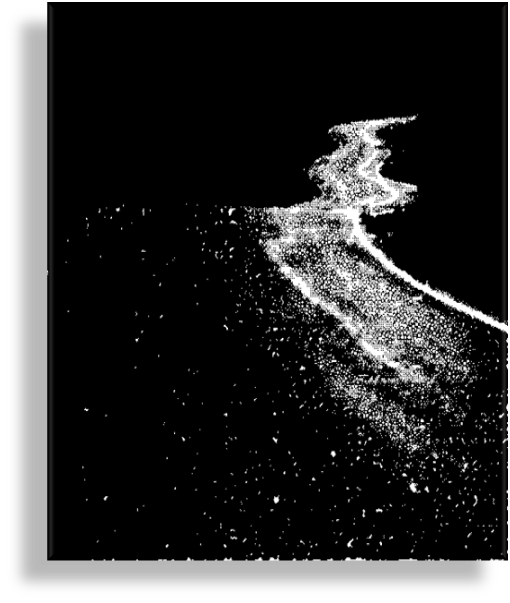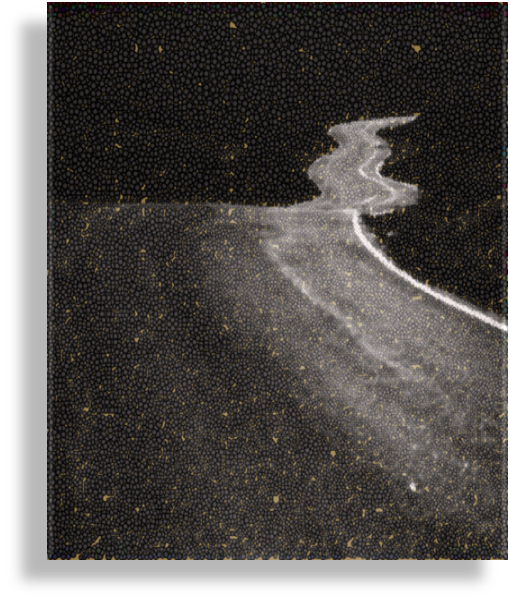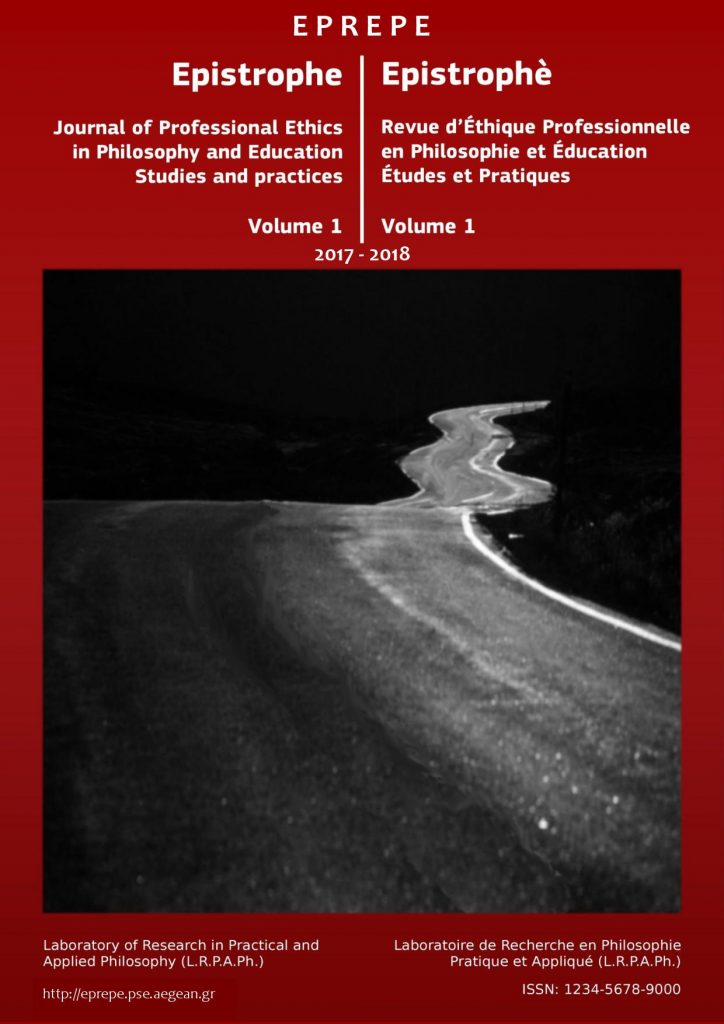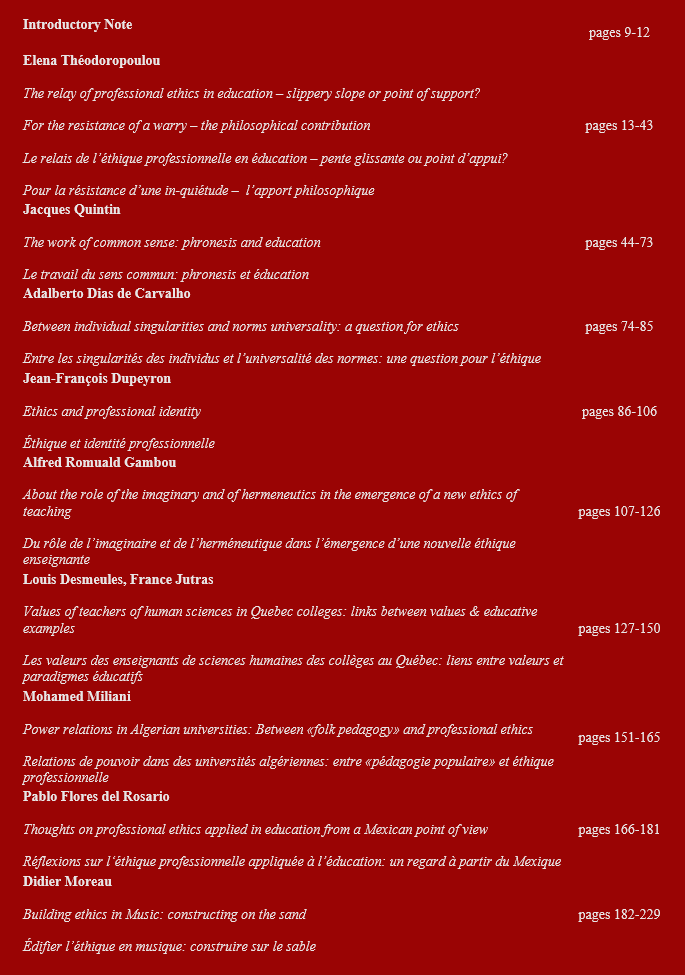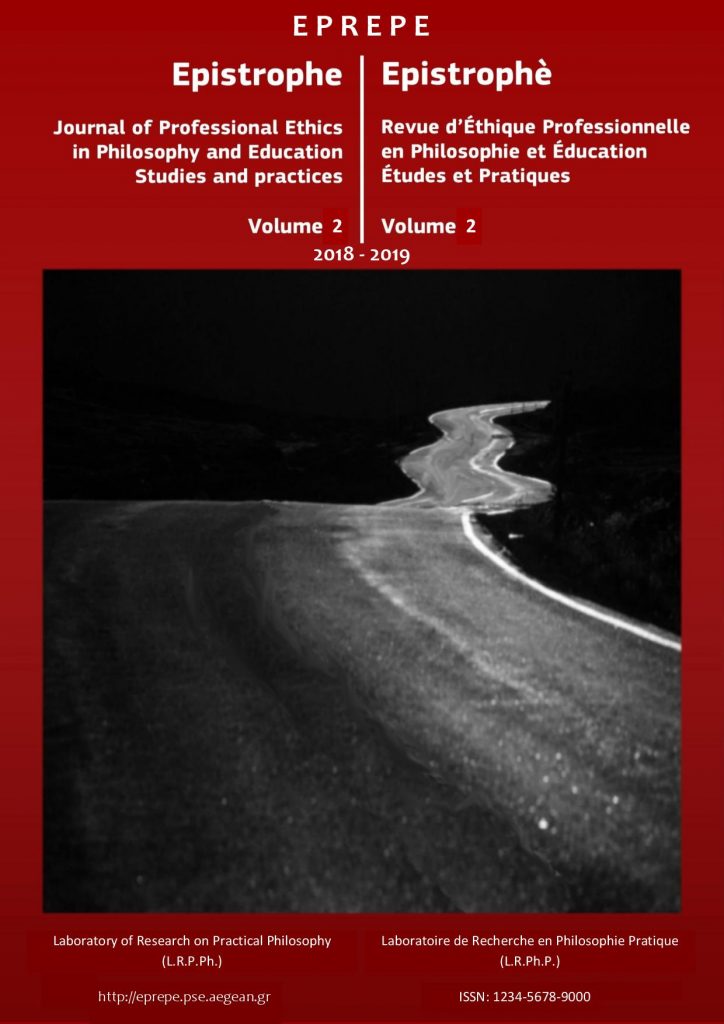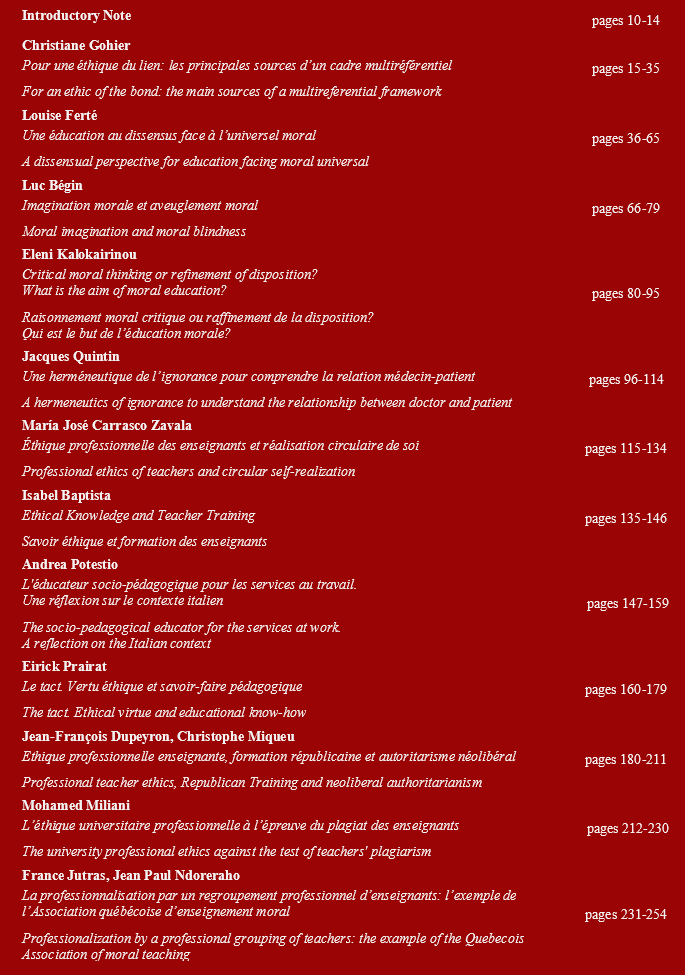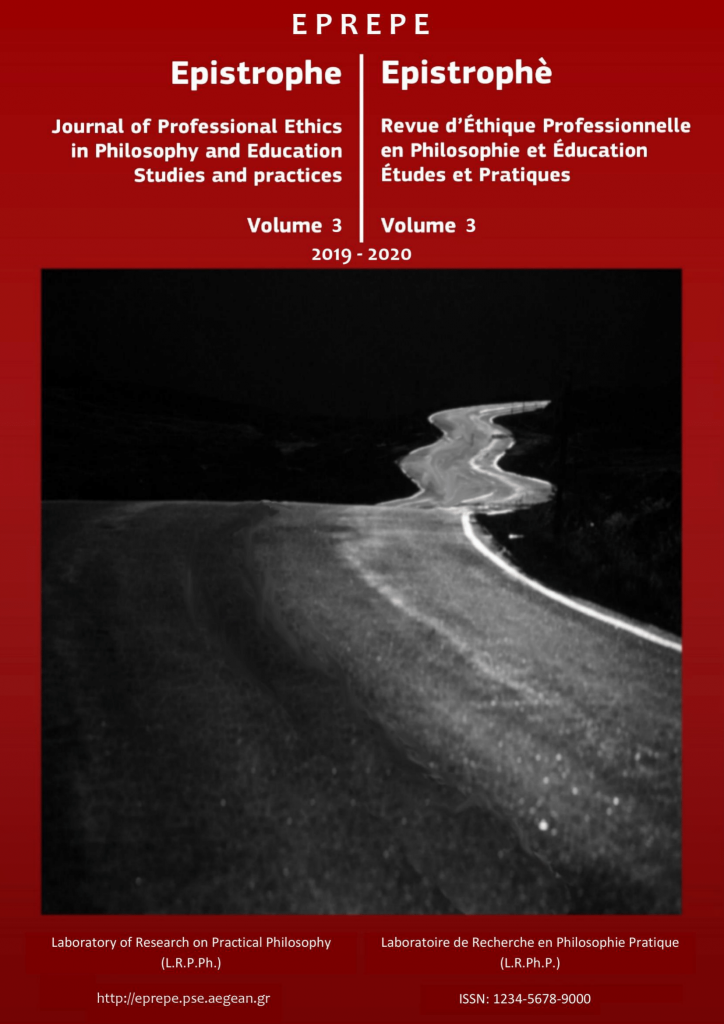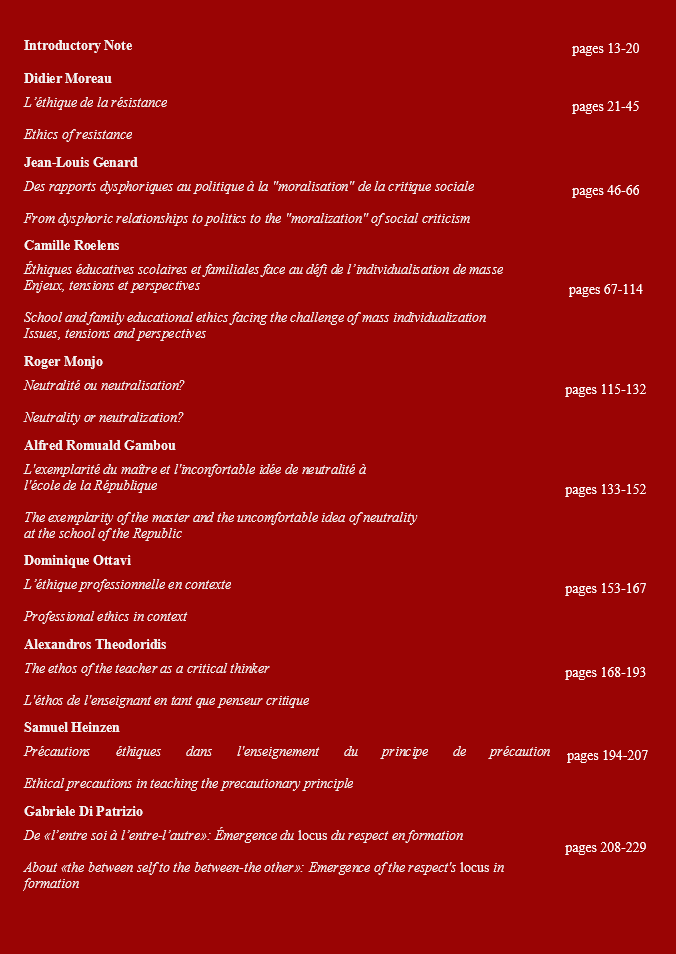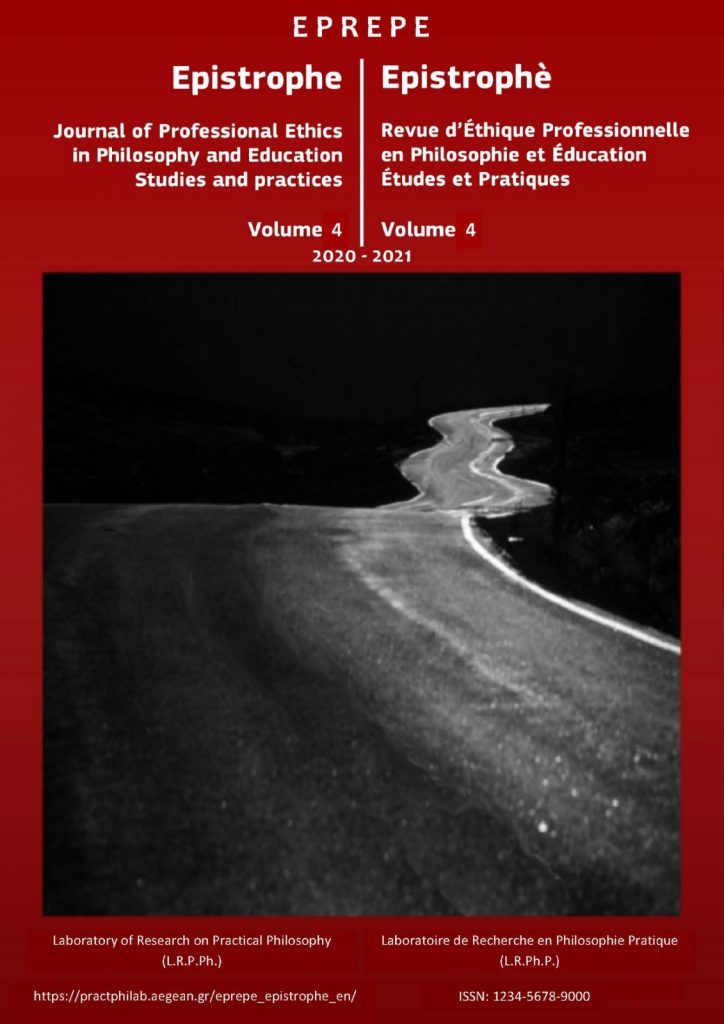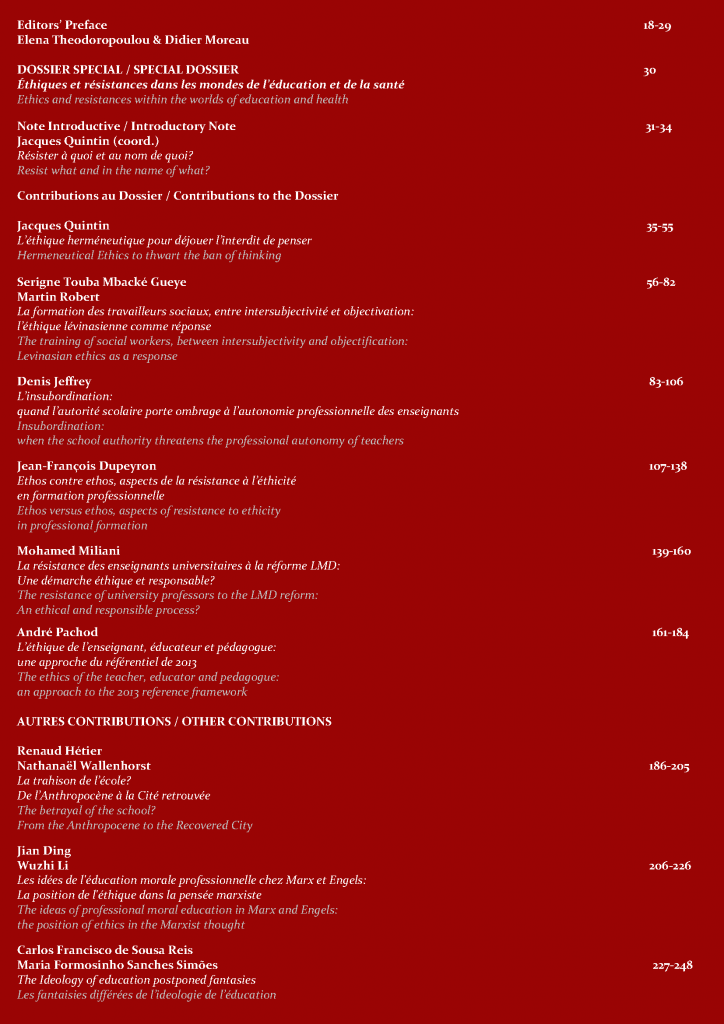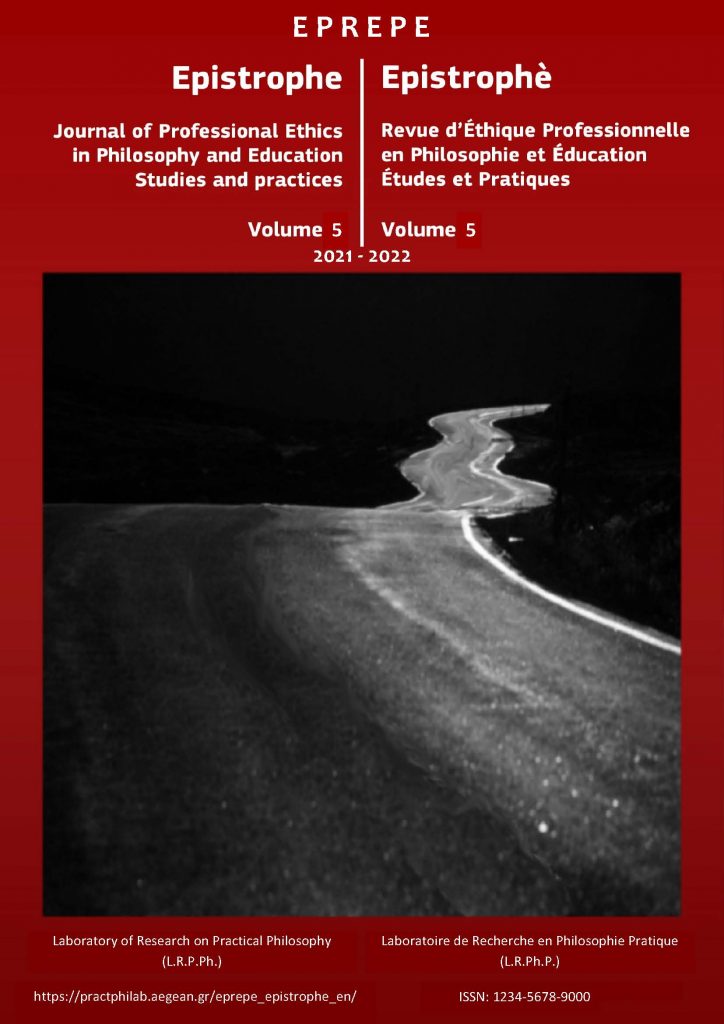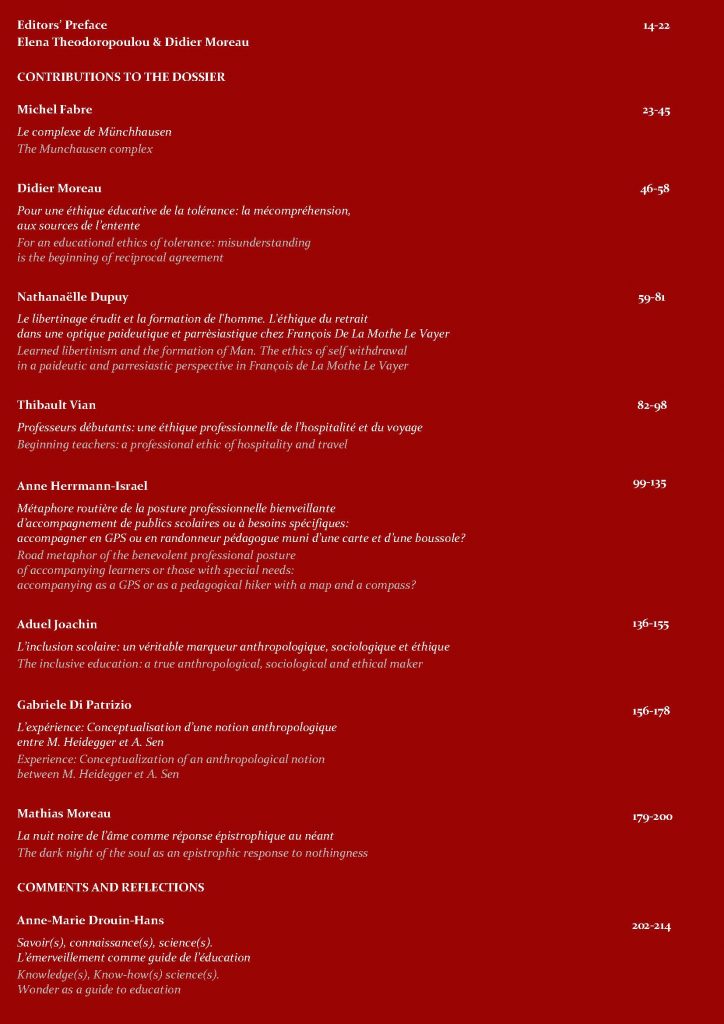PERSONAL DATA PROTECTION POLICY
The EU General Data Protection Regulation (GDPR – EU 2016/679) came into full force on 25 May 2018. In this context, we would like to inform you that we have made adjustments to the terms governing the article submission process in Epistrophe. Journal of Professional Ethics in Philosophy and Education. Studies and Practices [Εprepe]. The main changes concern the Protection of Personal Data in order to meet the requirements of the EU Data Protection Regulation.
Collection and processing of personal data
When submitting articles in Epistrophe. Journal of Professional Ethics in Philosophy and Education. Studies and Practices [Εprepe], personal data of the authors are collected, maintained and processed.
The exact personal data collected and processed are limited to what is required for the article review process and the contact with the author. These data, which are not communicated or disclosed to third parties can be viewed in detail at LinkedIn here.
The purpose of processing personal data
The collection and processing of personal data is conducted exclusively for the following purposes:
2.1 Submission and evaluation of articles
Submission and evaluation of articles according to the published policy of the magazine (Peer Review Process).
2.2. Processing necessary in order to safeguard the legitimate interest of those who submit an article to judgement
The data submitted by the authors through the article submission request will be retained and processed, to the extent necessary so as to establish, exercise or support their legal claims.
Time period for keeping personal data
Applications from authors whose articles have not been admitted are deleted and destroyed after one (1) academic year.
Applications from authors whose articles have been admitted are kept indefinitely.
Rights of candidates with respect to personal data
The University of the Aegean guarantees the rights of authors, regarding processing of their personal data and makes it easier for them to exercise their rights.
Candidates have the right to request:
access to their personal data and information relevant to the data we process, the purposes of the processing, the recipients and the duration of the processing,
correction of their personal data, if something is inaccurate or incomplete,
deletion of their personal data, subject to legal requirements,
limitation of processing of their personal data,
portability of their data, ie capacity to obtain the data they have provided in a structured, commonly used format or to request their direct sending to a third party,
tο revoke at any time their consent to the processing of their personal data, including the automated processing to shape their profile. In this case, our processing will be interrupted by us, without affecting legitimacy, until their consent is withdrawn.











